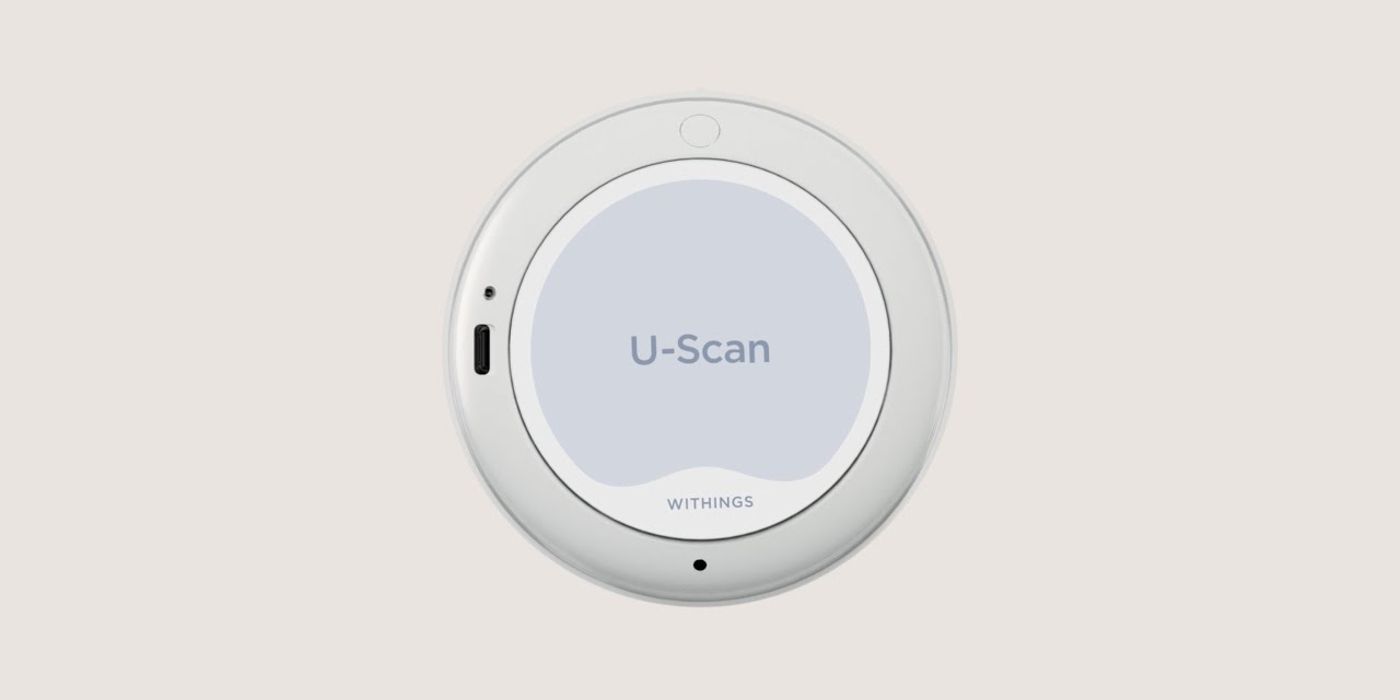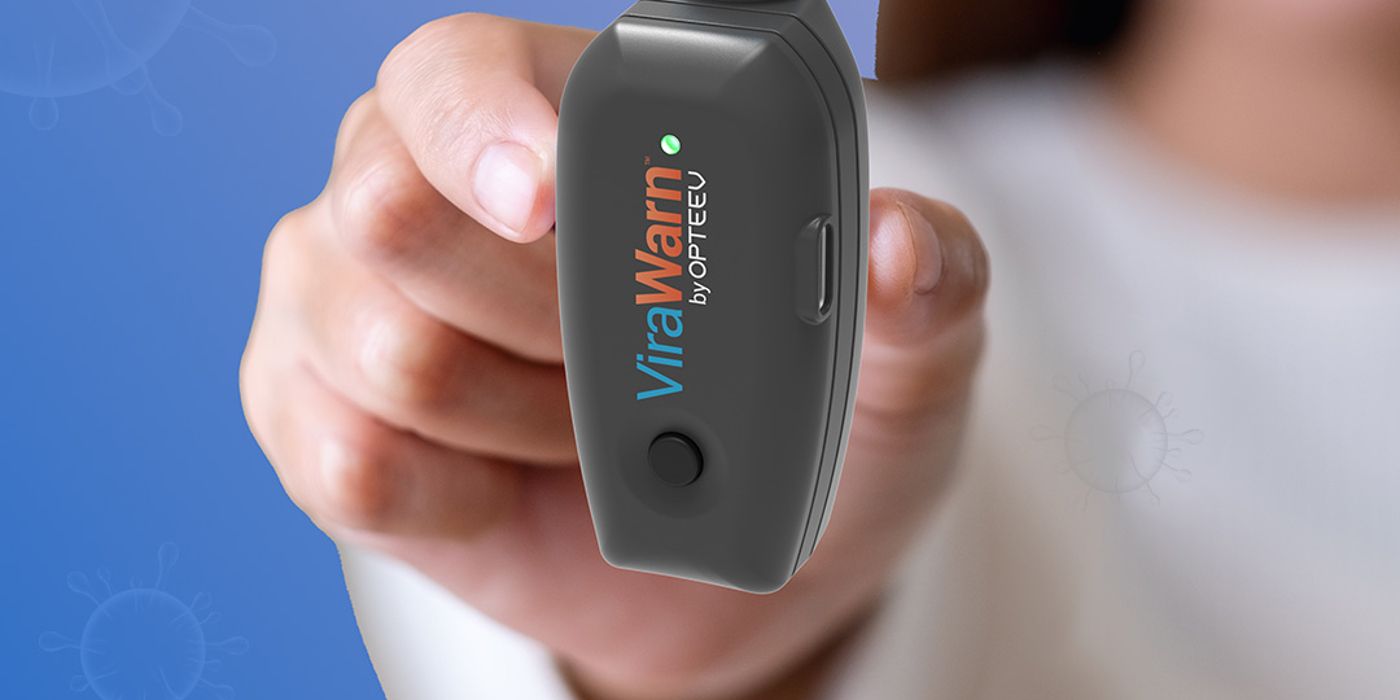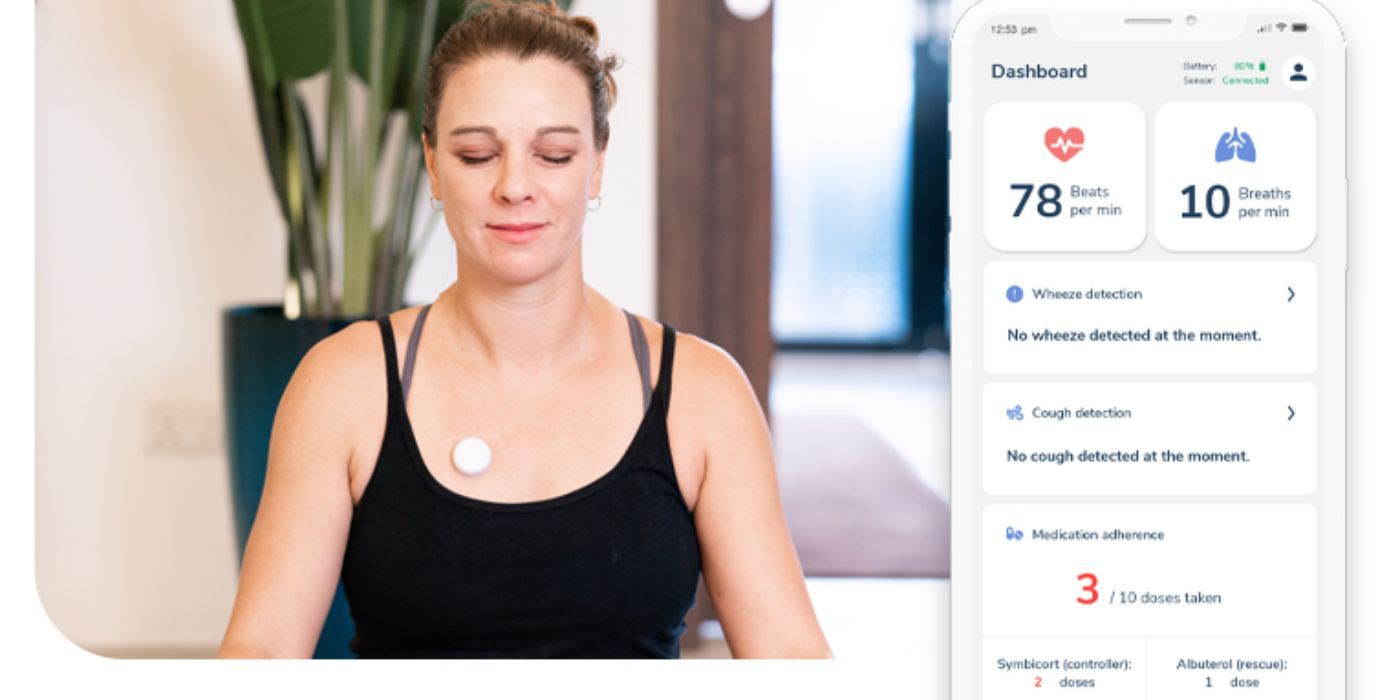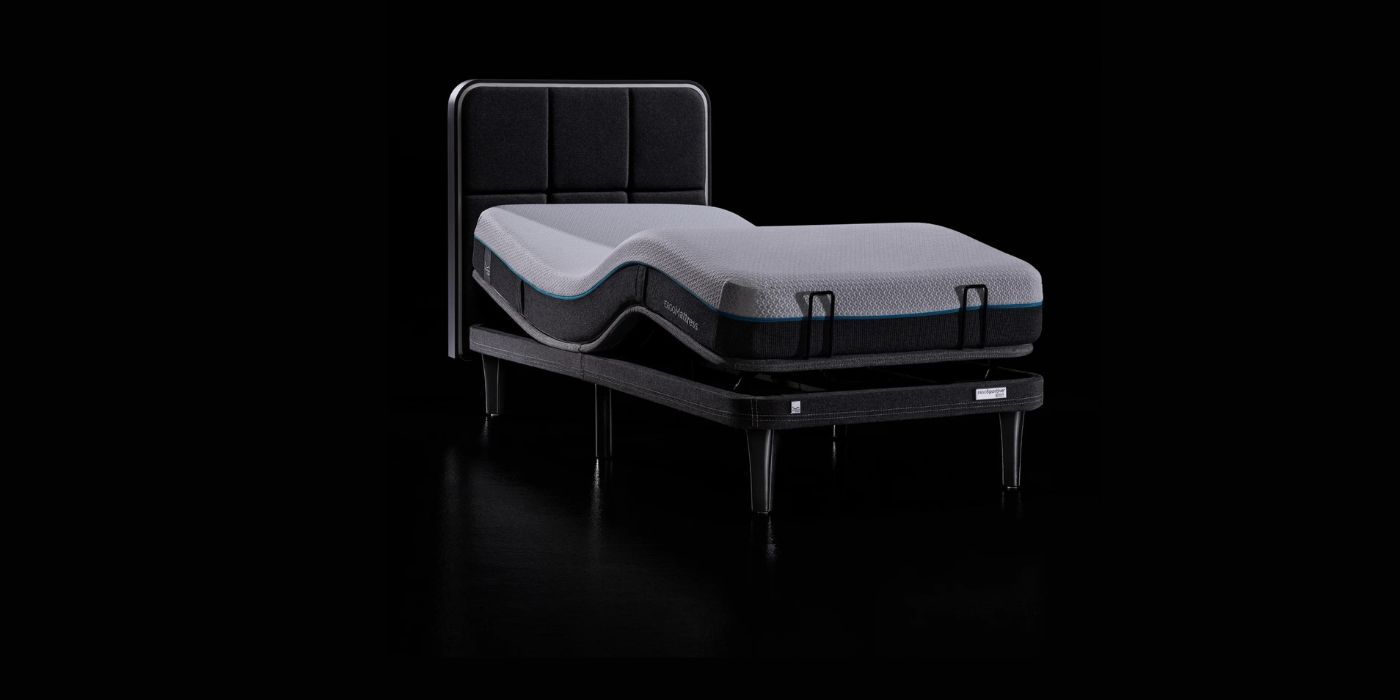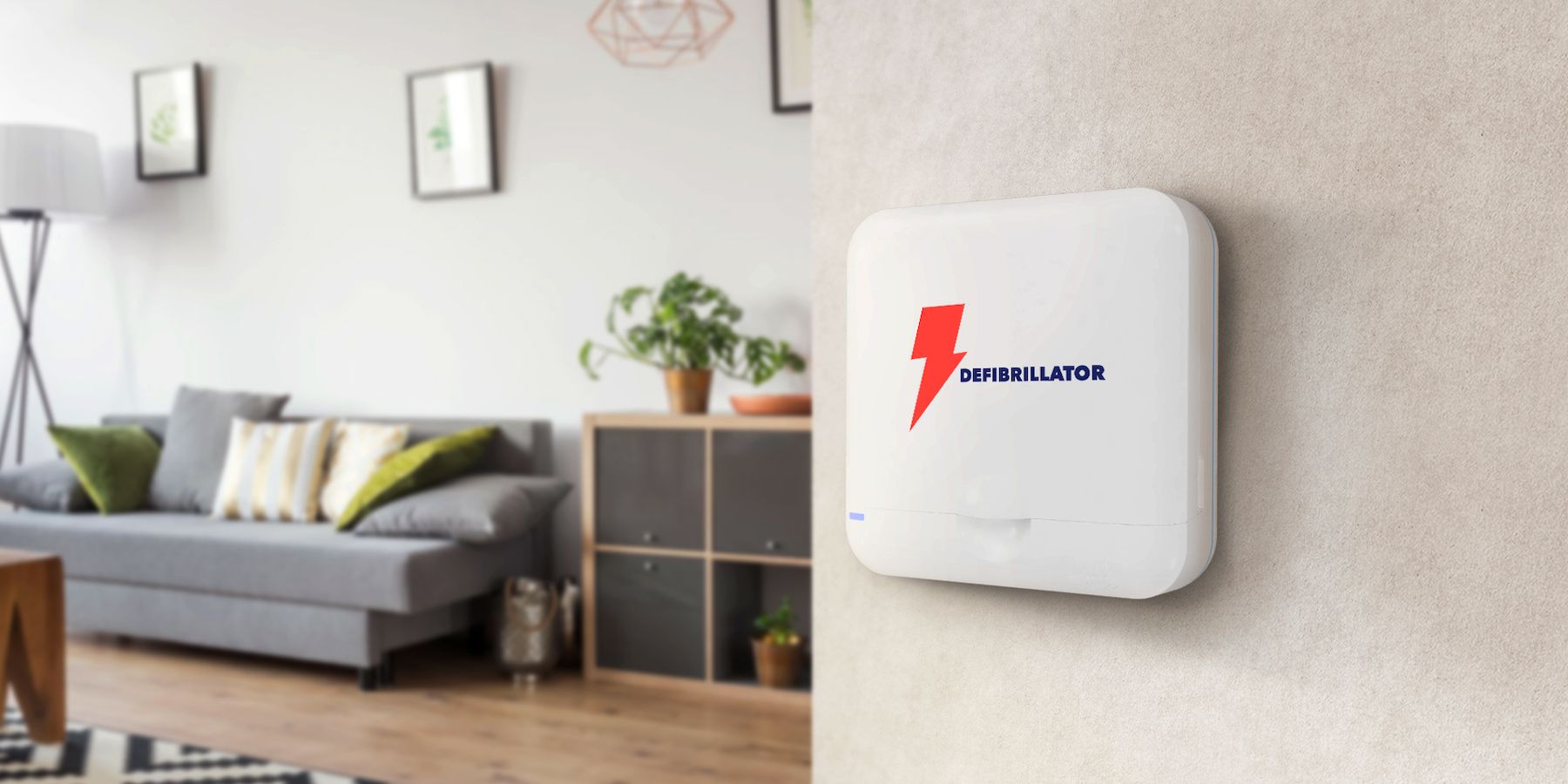Artificial Intelligence has become prominent in the healthcare industry, with innovative solutions populating the personal wellness niche. While AI-generated art and chatbots dominate headlines, it's worth highlighting the other use cases that exist. Medical researchers have begun leveraging AI to develop drugs, optimize patient care through data analytics, and more.
Additionally, more digital health and wellness products have surfaced recently, with this year's CES serving as a platform for the launch of AI-driven health tech tools. These include everything from AI-powered sensors to medical equipment.
5 Withings U-Scan
One such solution is the U-Scan by Withings which is designed to be attached inside a toilet bowl. The device detects various biomarkers found in urine, providing continuous urinalysis at home. The device uses replaceable cartridges and a rechargeable battery that lasts for up to three months on a single charge. The companion app provides a history of the user's readings along with suggestions and tips.
4 Opteev Virawarn
Virawarn by Opteev is a virus-detection device capable of delivering test results in 60 seconds. Users simply need to activate the machine, blow into it twice, and await the reading. It tells users whether the results are positive (red) or negative (green) through an LED indicator. Meanwhile, the gadget also has a HEPA filter that guarantees the air leaving the Virawarn is virus-free. It uses AI algorithms to accelerate the sample analysis process, ensuring users get their results within the specified timeframe.
3 Aevicehealth Wearable Stethoscope
Aevicehealth’s wearable stethoscope — AeviceMD — targets “continuous, connected care.” The AI-led detector helps examine a patient’s respiratory rate, heart rate, and wheeze. It's also handy for cough detection. Users can monitor their test results using a companion app. The app can also notify the user once it discovers the initial signs of exacerbation. Additionally, doctors can assess the patient's condition by studying chronological data from AeviceMD's examinations.
2 ErgoSportive Smart Bed
ErgoSportive’s smart bed not only monitors sleep activity through AI-powered technology, but can be adjusted to fit the user's needs. The smart bed can be synced with both Garmin wearables and the ErgoSportive mobile app. By doing this, users get customized sleep data and recovery suggestions. Each purchase comes with a free Garmin wearable. The flexible base and preset positions are ideal not just for sleeping, but also watching TV, reading, and resting. Equipped with an anti-snoring feature, the bed can automatically elevate the head to stop a person from snoring. The bed also features vibration motors to help users relax.
1 Lifeaz Home Defibrillator
Lifeaz has a compact home defibrillator that can help users be prepared in case of a cardiac emergency. In emergency scenarios like a heart attack, a defibrillator can play a key role in ensuring the patient survives. Although home-based defibrillators exist, Lifeaz says its product doesn't need medical experience. The defibrillator guides users with vocal commands, and uses AI to detect if a patient is in cardiac arrest, shocking them only if required. Every defibrillator is connected to Lifeaz’s systems, thus ensuring the gadget is always functional through active supervision. If either maintenance or parts replacement become necessary, the company will notify the consumer.

